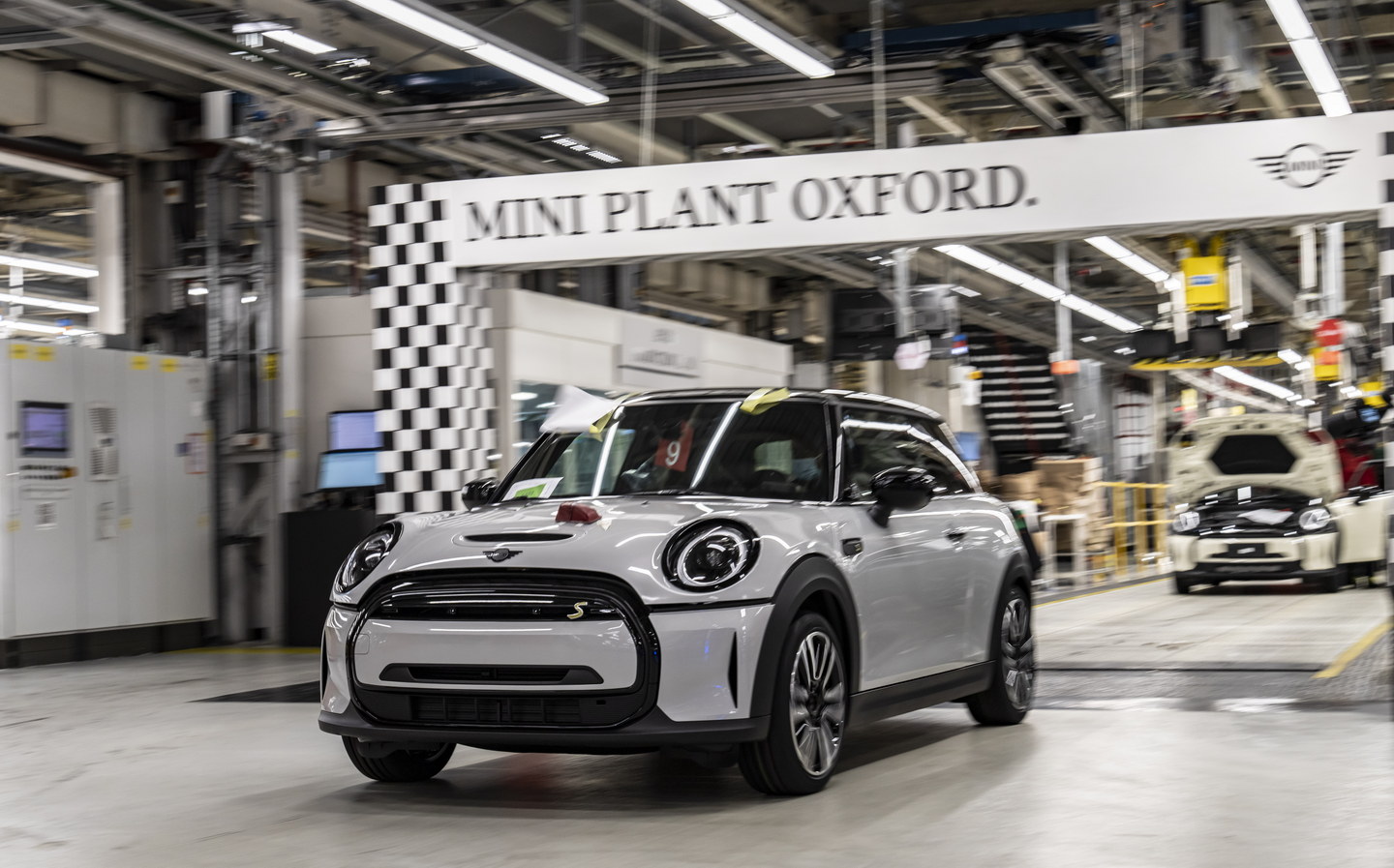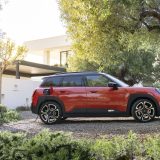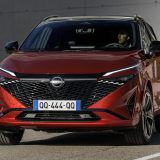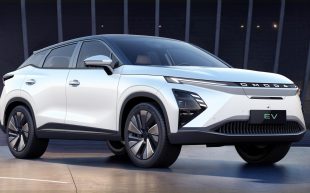Electric Mini production could continue in Oxford after £500m investment and £75m taxpayer contribution
Also to be made in China
BMW is expected to announce a £500 million investment that will secure production of next-generation electric Minis at the company’s Plant Oxford manufacturing facility.
The German car maker is close to finalising a plan that will see Mini’s new electric models — including the next Mini hatchback and a new electric compact crossover — built in Oxford, according to reports.
Late last year it was reported that BMW was set to end production of the Mini Electric in Oxford. Petrol Minis would continue to be built there but production of future electric Minis were to be moved to China in a collaboration with leading Chinese car maker, Great Wall Motor, according to The Times.
BMW sources were adamant that there were still plans to use the Oxford factory to build electric cars for but with the renovation and investment required at Oxford, it was expected that this would not happen until 2030.
It’s thought that Government ministers responded by moving to accelerate financial support to bring production of electric Minis back to Oxford. Sky News reported that BMW is set to receive £75 million from the Government’s Automotive Transformation Fund, with details likely to be released by the Chancellor Jeremy Hunt in next week’s budget.
A spokesperson for BMW UK said: “With its high degree of flexibility, competitiveness and expertise, the Oxford plant plays an important role in the BMW Group’s production network. For the next Mini generation, Oxford will produce the majority of Mini models, the Mini Cooper three-door and five-door models, as well as the Mini Convertible — one of our most important vehicles and a worldwide bestseller.
“Any future production plans will be announced in due course; we do not comment on media speculation.”
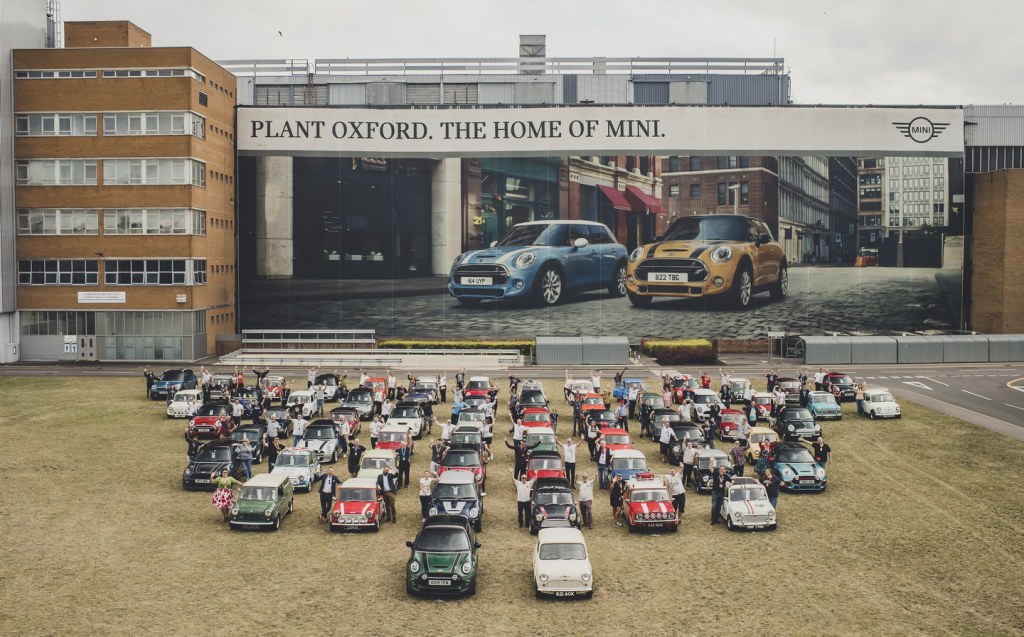
The Mini Plant Oxford has been involved in vehicle production for over 100 years and is the oldest mass-production car plant in the UK. Production there began in 1913, with cars built for famous British brands such as Morris, Mini, MG, Wolseley, Austin, Triumph and Rover, including the classic Mini from 1959 to 1968.
In 1994, BMW acquired Mini from the Rover Group and set about reinventing the car for a new generation. Since production of the new Mini began in 2001, more than three million cars have been built in Oxford. More than 1,000 cars are still built there every day including the Mini Hatchback and Mini Clubman.
Stefanie Wurst, Head of Mini, has confirmed that production of the next Mini Convertible will return to Oxford in 2025.
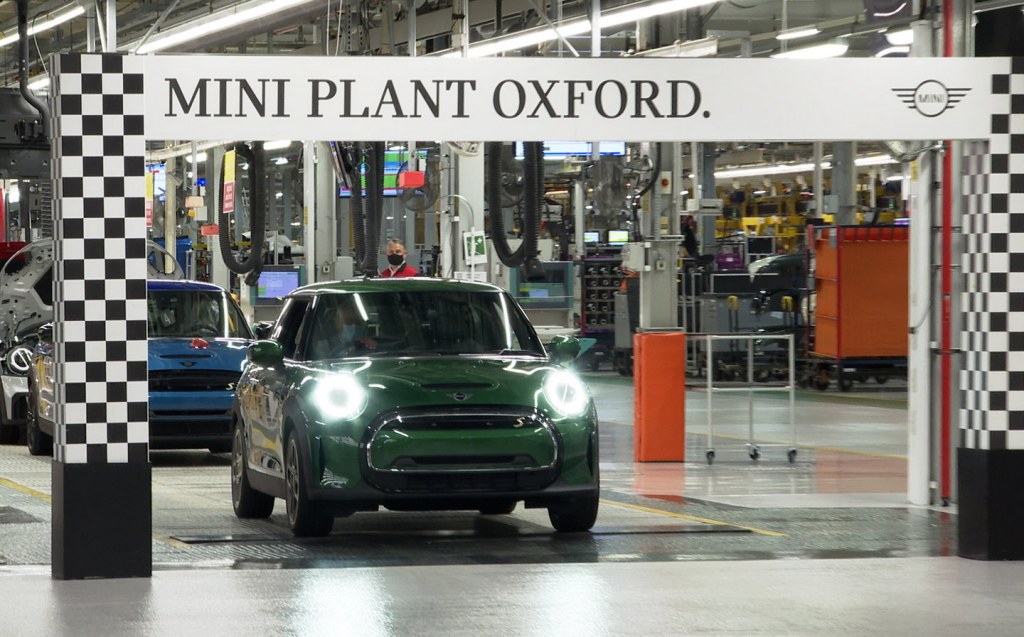
Investment by BMW in the Oxford plant will be a significant boost to the UK car industry, which has received several setbacks in recent months.
The collapse of Britishvolt late last year was a significant blow, with plans abandoned for the UK’s first large battery manufacturing facility that would have created thousands of jobs and strengthened the UK’s position as a competitive market for electric vehicle production.
The company has been bought out of administration by Australian battery firm Recharge, though the firm aims to focus on building batteries for energy storage and the defence industry rather than automotive manufacturers.
- Britishvolt EV battery factory brought out of administration but buyer’s plans remain uncertain
- Arrival’s electric van ‘visionary’ powers into Sunday Times Rich List
The recent departure of Arrival from the UK has also compounded the turbulence in the industry. The start-up had plans to build significant volumes of electric vans and buses at new facilities in Oxfordshire.
According to figures from the Society of Motor Manufacturers and Traders (SMMT), UK car production in 2022 fell to its lowest in more than sixty years. Car makers with well-established UK manufacturing facilities such as Nissan and Toyota have delayed production of new models here, while Honda and Vauxhall have stopped building cars in the UK completely.
Ford has also recently announced 1,300 redundancies in a scaling-back of the company’s research and development facilities.
Like parent company BMW, Mini has committed to producing electric cars only by 2030. Its next generation of models is expected to go on sale from 2024, including the new Mini Hatch, which will be available with a petrol engine or as an EV with over 200 miles of range.

There are also plans for a new electric compact crossover based on the Mini Aceman concept, which will rival the Jeep Avenger and Ford’s upcoming Puma EV.
A new-generation electric Mini Countryman is also due in 2024, which will be built at BMW’s Leipzig plant in Germany.
Related articles
- After reading about Mini production at Plant Oxford, you might be interested to read all about the Mini Aceman electric car concept
- Here are all the car makers’ electric car plans
- How does Mini’s first pure-electric car fit into everyday life? Read Will Dron’s reports on the Mini Electric
Latest articles
- Omoda 5 prototype review: Bargain family SUV is solid first effort for new Chinese brand
- Dacia Duster 2024 review: Rugged, affordable SUV modernised with electrification and quite the glow up
- Audi A3 Sportback 2024 review: Softly, softly, catchy premium hatchback buyer
- New electric-only Mini Aceman fills gap between Mini Cooper hatch and Countryman SUV
- Tesla driver arrested on homicide charges after killing motorcyclist while using Autopilot
- Porsche Macan 2024 review: Sporty compact SUV goes electric, but is it still the class leader for handling?
- F1 2024 calendar and race reports: What time the next grand prix starts and what happened in the previous rounds
- Aston Martin DBX SUV gets the interior — and touchscreen — it always deserved
- Nissan unveils bold look for updated Qashqai, still made in UK


